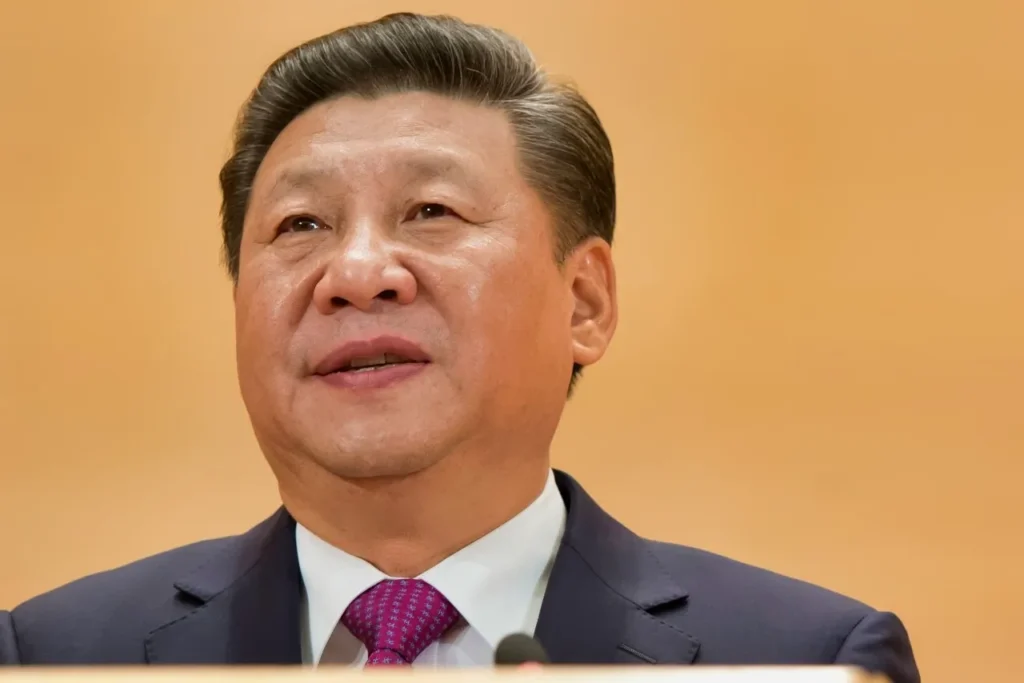Both agreements, however, will require industry support and time to develop processing capacity before raw materials reach US buyers in significant volumes, said Charles Chang, a finance professor at Fudan University in Shanghai.
Also read: China’s HYF considers setting up laptop and tablet plant in Pakistan
Reducing US dependence on China
Still, analysts said the two accords could eventually help reduce US dependence on China in the event of a prolonged trade dispute, which has already seen Beijing restrict exports of the critical minerals.
China accounts for about 70 per cent of global mining for rare earth metals – a subcategory of critical minerals – and 90 per cent of processing output, according to the Center for Strategic and International Studies, a prominent US think tank.
US electric vehicle makers, for instance, rely heavily on certain rare earth metals.
“If they can get those materials from Malaysia and Thailand, which means that the US puts concrete plans in place to actually buy those materials on long-term contracts, and they put the downstream processing in place, then an agreement will help,” said Jon Hykawy, president of the Toronto-based industry advisory Stormcrow Capital.
Also read: Nvidia H20 chips ‘not safe’ for China: State media
“This is always a good hedging strategy for the US,” said Chen Zhiwu, chair professor of finance at the University of Hong Kong. “It’s the simple reality that other countries won’t want to be subject to other actions to be taken by future Chinese officials.”
– Input from South China Morning Post
